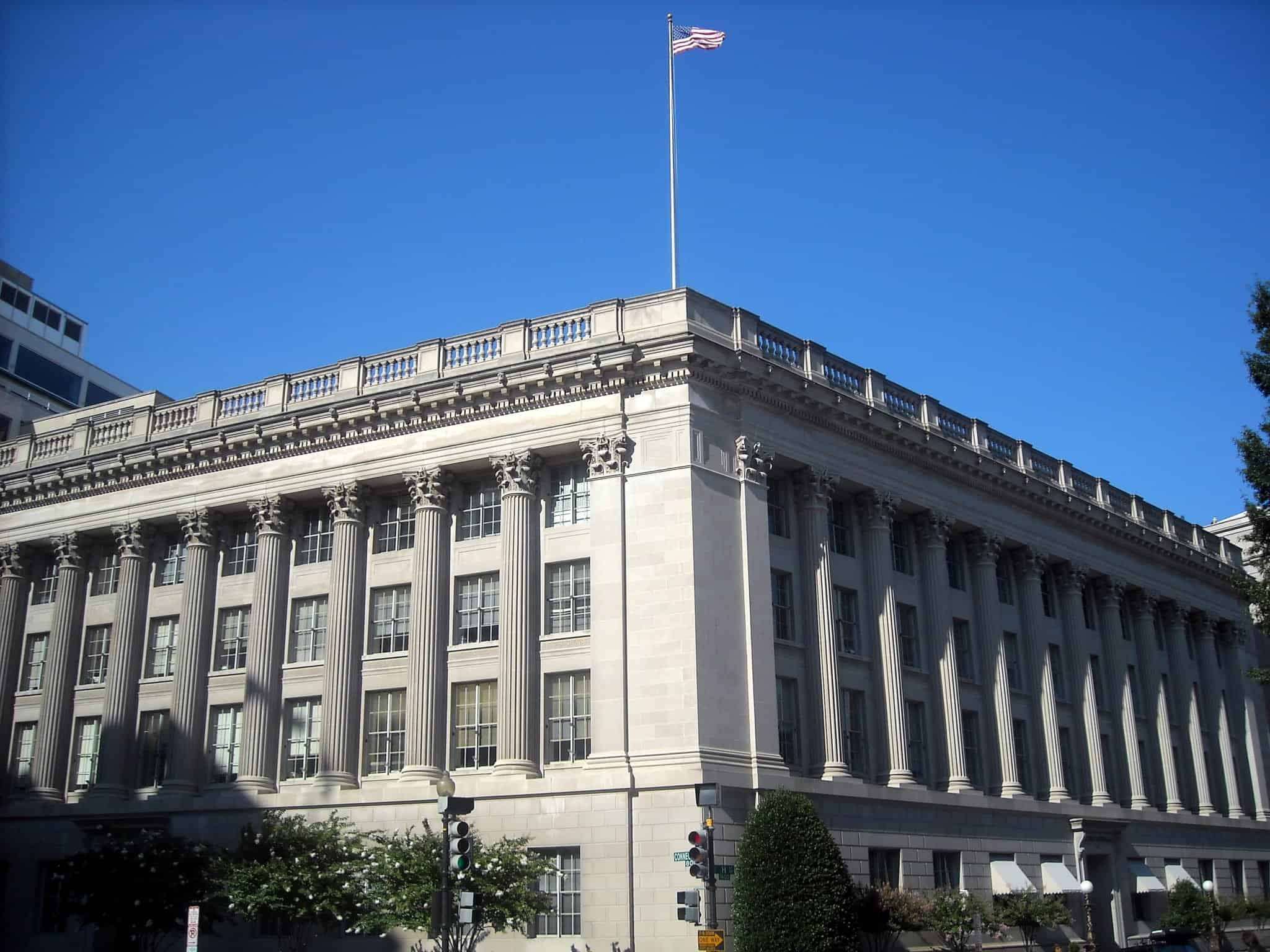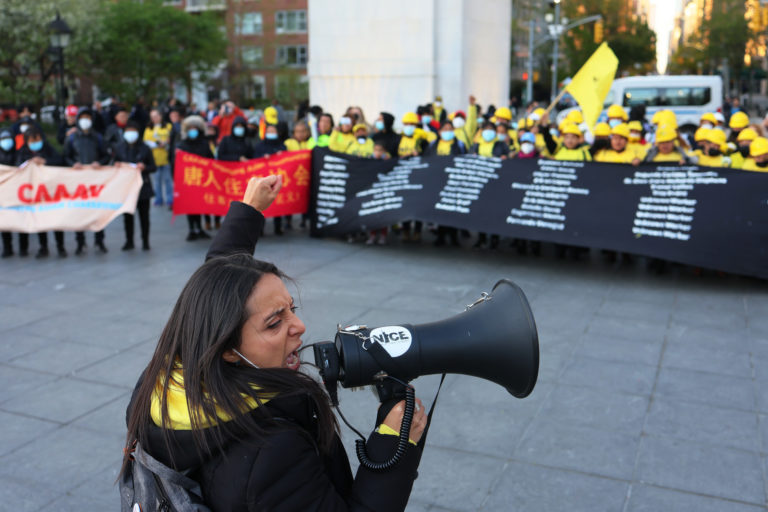
Jonathan R. Harkavy has taught labor and employment law at Wake Forest School of Law and corporate finance at Duke Law School and the University of North Carolina at Chapel Hill School of Law. During the summers of 2018 and 2019, he has been a visiting research fellow in the Labor and Worklife Program at Harvard Law School.
Charlotte Garden’s insightful essay at Take Care about how antitrust laws are being used as a bludgeon against union collective action immediately brings to my mind Andrew Strom’s OnLabor post about the so-called “Powell Memo.” My hope is that considering these two posts together will fortify what both OnLabor contributors have to say.
To refresh, when Lewis Powell was at the height of his influence as a private practitioner in 1971, he wrote a memorandum for the U.S. Chamber of Commerce that is now widely regarded as the blueprint for building a collective voice for the American business community. Witness Powell’s words about collective or unified action:
“But independent and uncoordinated activity by individual corporations, as important as this is, will not be sufficient. Strength lies in organization. . . and in the political power available only through united action and national organizations.”
Fast forward nearly fifty years from the Powell memorandum: We can now better appreciate (recalling Lewis Powell’s own words) what Charlotte Garden wrote about—the collective might of the business community wielding, of all things, the antitrust laws to sap the “strength [that] lies in organization” and hamstring the “united action” of working people.
And so, it is ironic in the extreme, if not downright hypocritical, for the premier exponent and beneficiary of collective action—the U.S. Chamber of Commerce—to attempt (whether by the antitrust laws or otherwise) to deny to individuals who work for its members the benefits of a collective voice and unified action.










Daily News & Commentary
Start your day with our roundup of the latest labor developments. See all
February 10
San Francisco teachers walk out; NLRB reverses course on SpaceX; NYC nurses secure tentative agreements.
February 9
FTC argues DEI is anticompetitive collusion, Supreme Court may decide scope of exception to forced arbitration, NJ pauses ABC test rule.
February 8
The Second Circuit rejects a constitutional challenge to the NLRB, pharmacy and lab technicians join a California healthcare strike, and the EEOC defends a single better-paid worker standard in Equal Pay Act suits.
February 6
The California Supreme Court rules on an arbitration agreement, Trump administration announces new rule on civil service protections, and states modify affirmative action requirements
February 5
Minnesota schools and teachers sue to limit ICE presence near schools; labor leaders call on Newsom to protect workers from AI; UAW and Volkswagen reach a tentative agreement.
February 4
Lawsuit challenges Trump Gold Card; insurance coverage of fertility services; moratorium on layoffs for federal workers extended